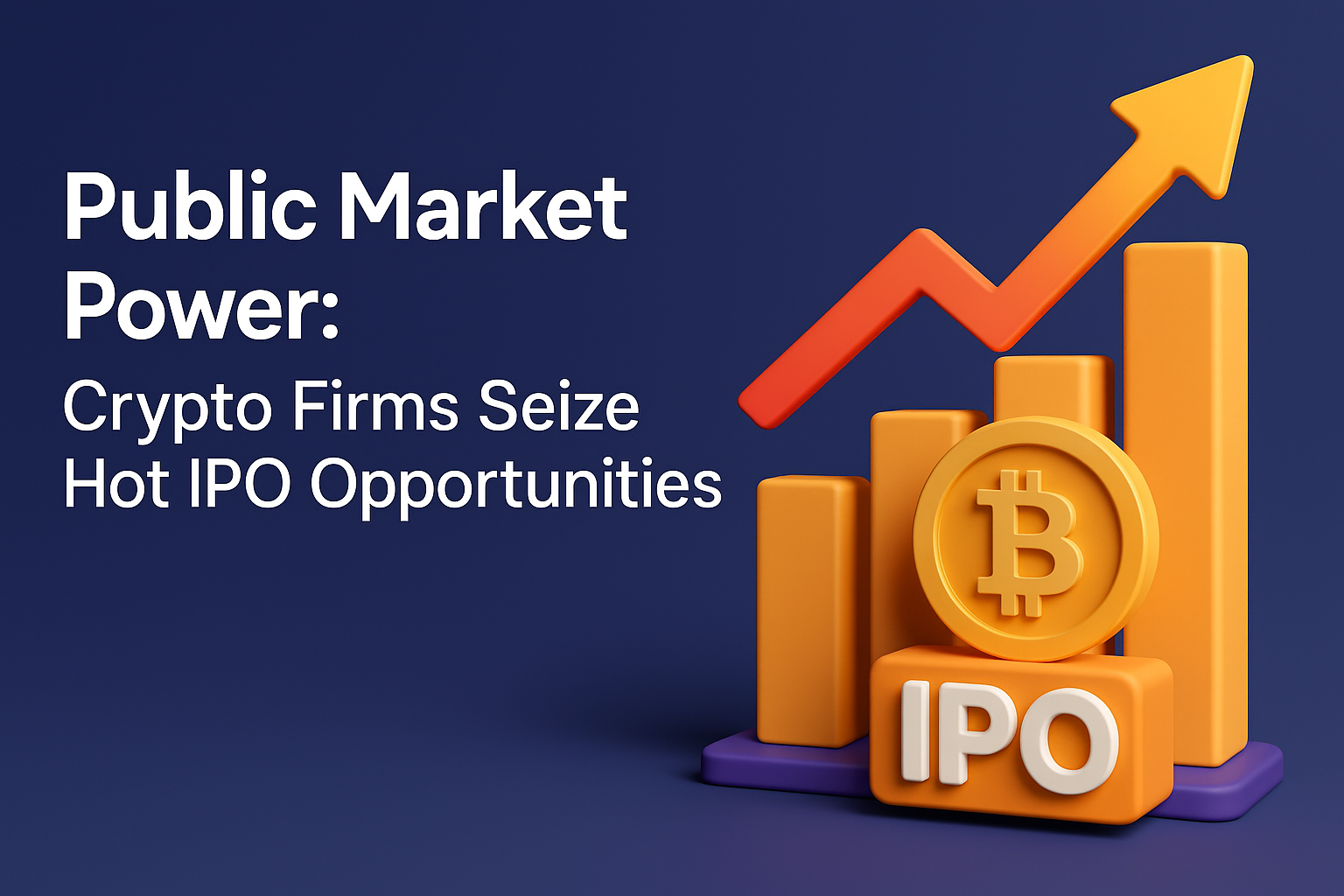Binance founder Changpeng Zhao has publicly refuted claims made in a recent Wall Street Journal (WSJ) article alleging his involvement as a behind-the-scenes facilitator for World Liberty Financial (WLF), a cryptocurrency venture associated with former President Donald Trump. Zhao dismissed the report as “politically motivated” and filled with inaccuracies.
The WSJ article suggested that Zhao played a pivotal role in connecting Pakistani entrepreneur Bilal bin Saqib with WLF co-founder Zach Witkoff, leading to significant deals, including a $2 billion agreement with Abu Dhabi. Zhao countered these claims, stating, “I first met Mr. Saqib on that trip,” and emphasized that Saqib and the Witkoffs were already acquainted prior to his involvement.
Zhao Challenges WSJ’s Narrative and Accuses Bias
In a detailed response on social media platform X, Zhao criticized the WSJ’s portrayal of events, accusing the publication of biased reporting and misrepresentation. He highlighted that his team had provided corrections to the WSJ, which were allegedly ignored, further questioning the integrity of the article.
Zhao also addressed previous WSJ reports, including one from April that claimed he had agreed to testify against Tron founder Justin Sun during plea negotiations. He labeled such reports as “baseless,” asserting that they were part of a broader pattern of anti-crypto media bias.
Scrutiny Over WLF’s Political and Business Entanglements
The controversy surrounding Zhao’s alleged involvement with WLF brings to light broader concerns about the intertwining of political influence and cryptocurrency ventures. WLF, co-founded by Steve Witkoff and his son Zach, has been under scrutiny for its close ties to the Trump family, who reportedly hold a 60% stake in the company.
Reports indicate that WLF has raised $550 million this year, with significant investments from foreign entities, including a $2 billion deal with Abu Dhabi. Critics argue that such entanglements blur the lines between government roles and private business interests, raising ethical questions about potential conflicts of interest.
Calls for Ethical Oversight and Transparency
The allegations against Zhao and the operations of WLF have prompted calls from lawmakers for increased transparency and ethical oversight in the cryptocurrency sector. Concerns have been raised about the potential for foreign influence over U.S. policy decisions through investments in politically connected crypto ventures.
As the debate continues, the crypto industry faces mounting pressure to address issues of governance, transparency, and the ethical implications of political affiliations within its ranks.



